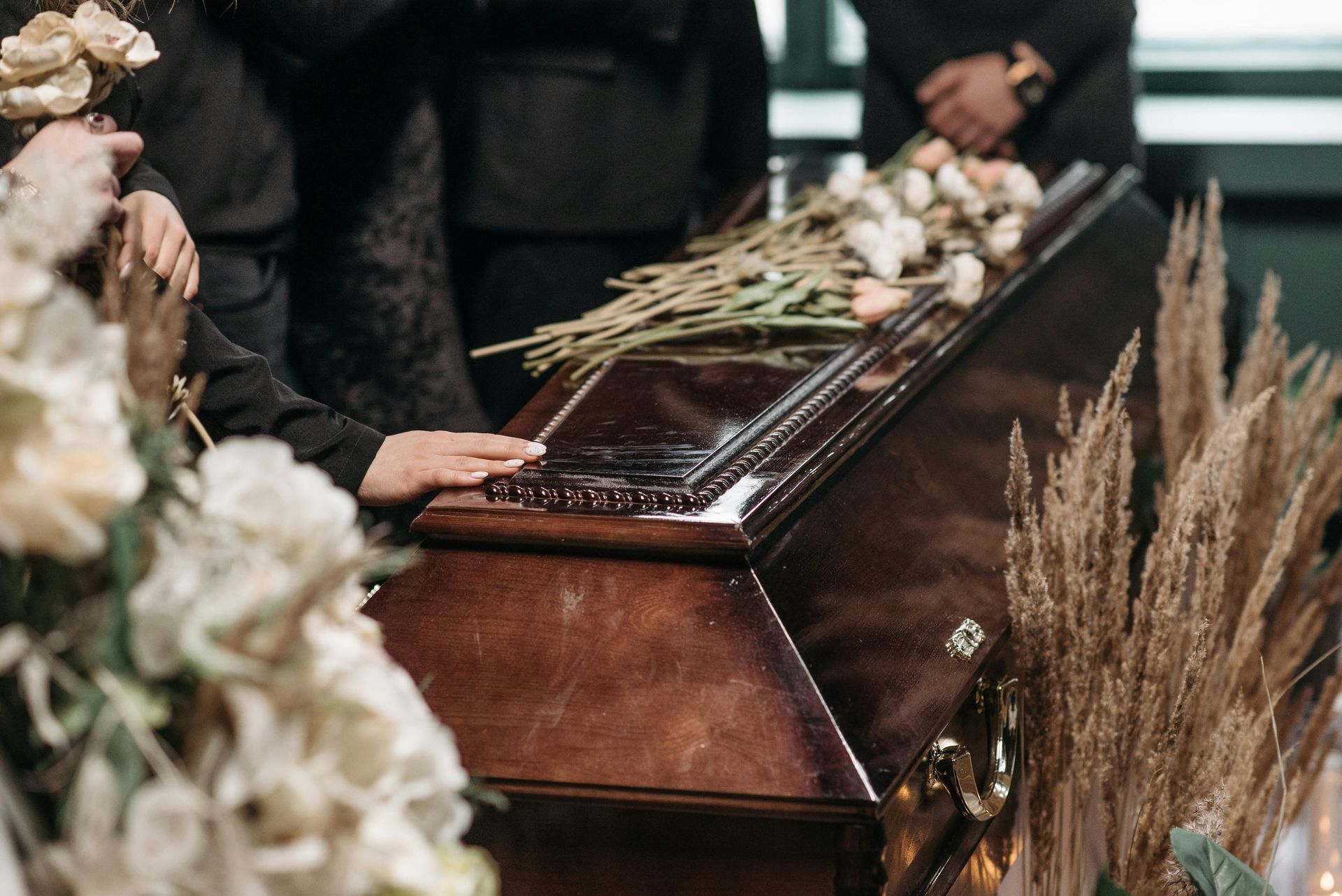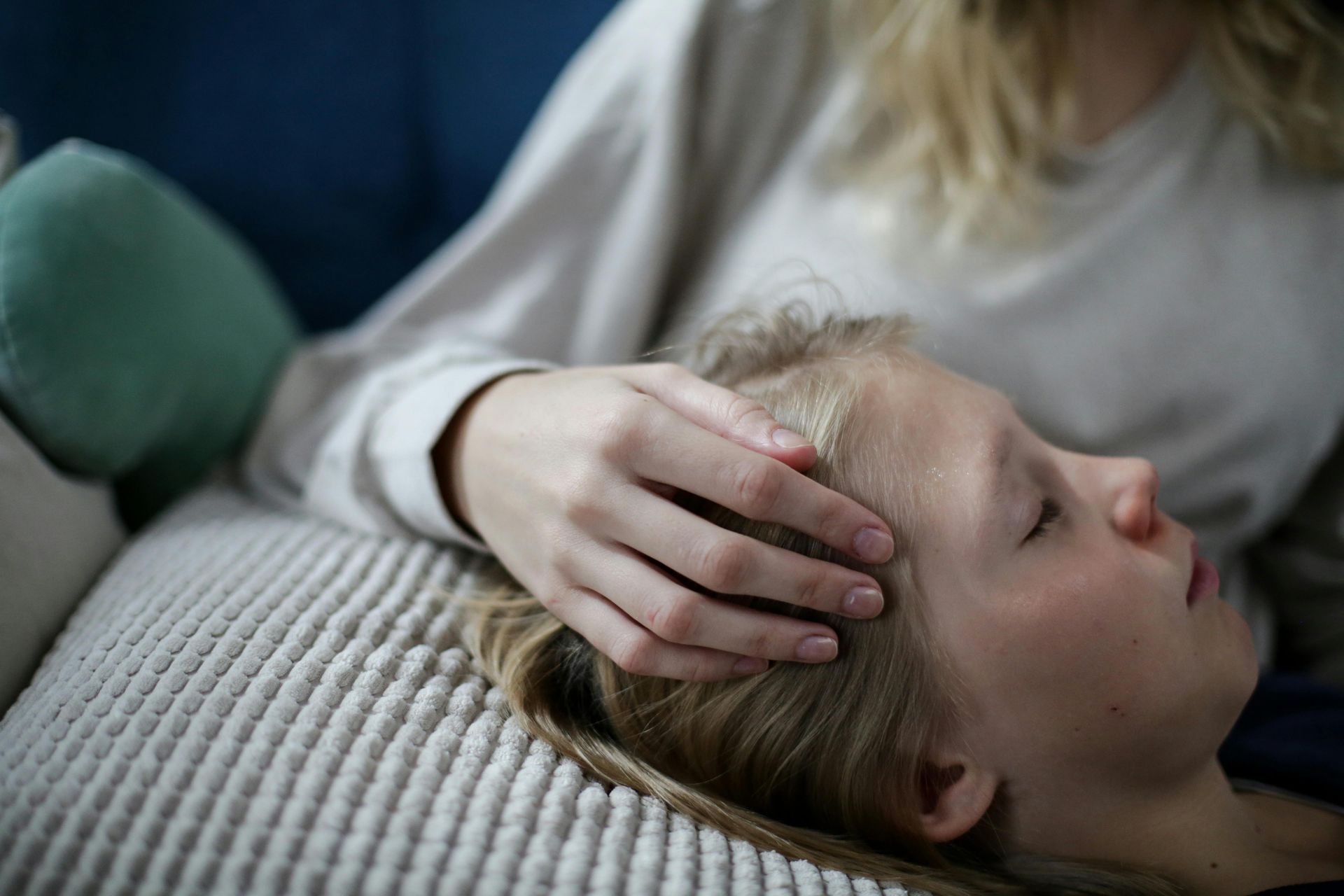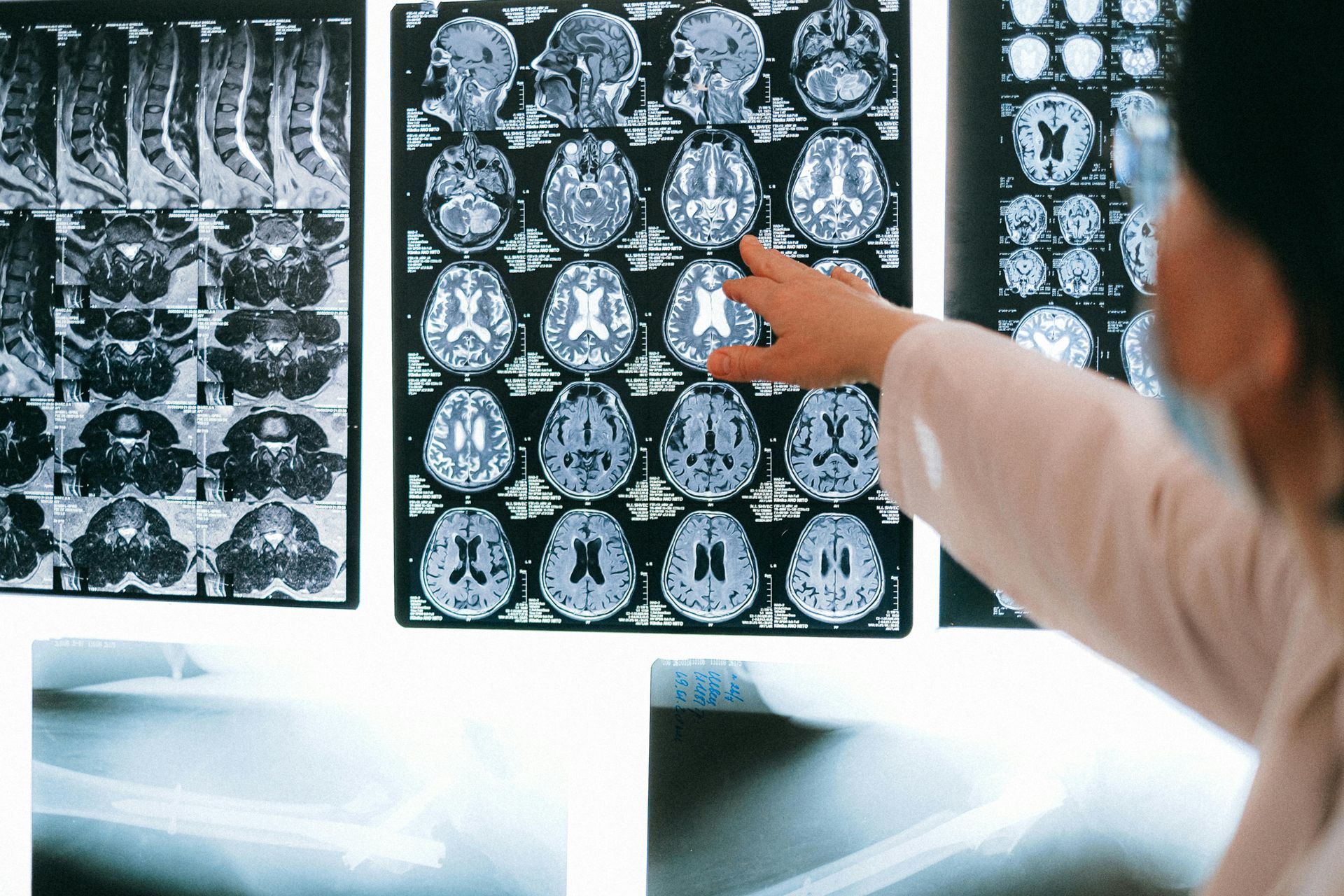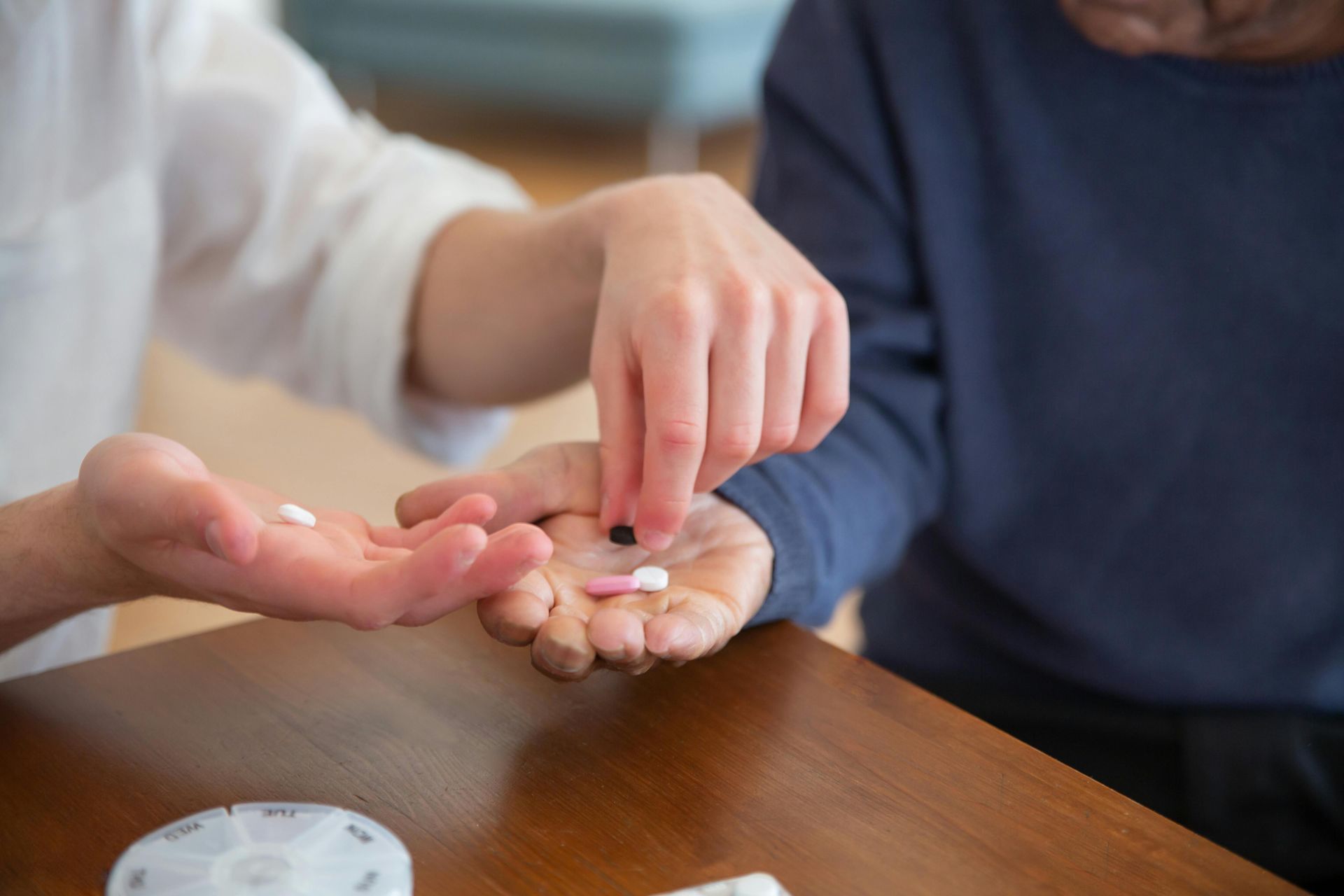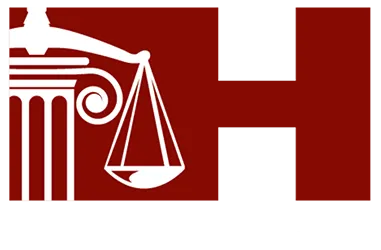Dehydration and malnutrition cause trouble for nursing home residents
Both dehydration and malnutrition can be signs of neglect in a nursing home. Dehydration happens when a person isn’t getting enough fluids, while malnutrition happens when they’re not getting the nutrients they need.
An older adult who is living in a nursing home may be at risk of receiving inadequate nutrition and becoming dehydrated if they are subjected to neglect or abuse.
How common is malnutrition in patients in nursing homes?
In 2015, a study called Aging: Biology and Nutrition, Malnutrition in the nursing home reported that around 20% of those in nursing homes have at least some form of malnutrition. While there are some natural reasons for malnutrition, such as poor absorption in the body, many cases are a result of not receiving enough nutrients in food. To address that problem, the study suggested interventions such as dietary supplements or better food choices.
How common is dehydration in nursing homes?
It’s believed that around 75% of Americans in and outside nursing homes are dehydrated. For those who are less mobile or who do not have quick access to fluids, the rates may be higher.
Dehydration can be prevented in some cases by giving patients different drink options. When older patients cannot drink, then it is important to consider intravenous fluid options. This helps support good hydration as well as an appropriate electrolyte balance.
Dehydration and malnutrition in the elderly can both lead to serious consequences. They could lead to urinary tract infections, which can be fatal if left untreated, as well as other complications such as sleepiness, confusion, fainting and death. No patient should have to be at risk due to these issues. If they are, then the nursing home may be accused of negligence or abuse.
